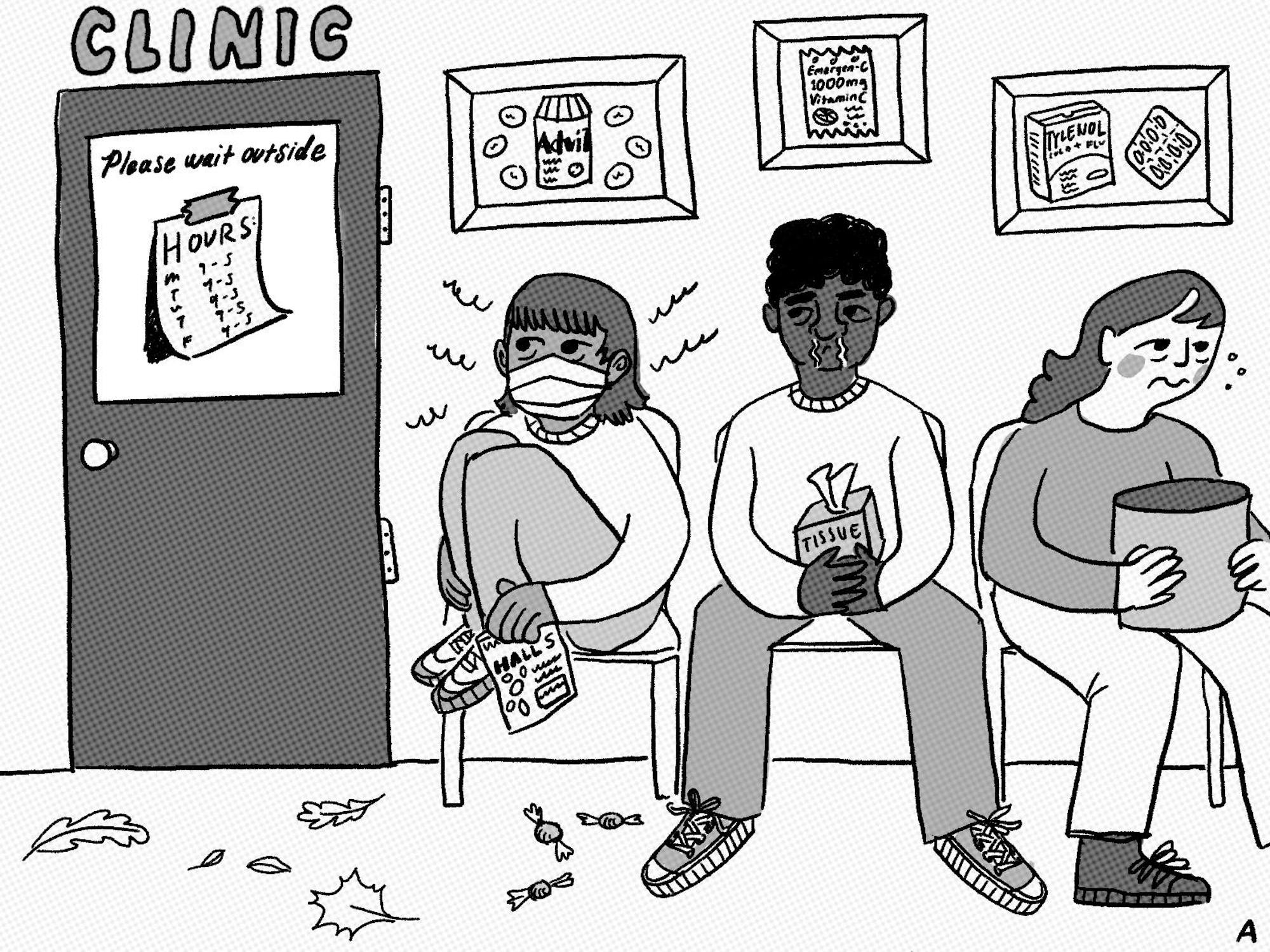This week, I attended a Grand Rounds lecture centered around Dr. Lisa Rosenbaum’s New England Journal of Medicine piece titled “On Calling — From Privileged Professionals to Cogs of Capitalism?” In this paper, Rosenbaum highlights the intergenerational shifts occurring in medical training wherein medical trainees are viewing medicine as a job rather than a calling. She explores whether the term “calling” is a means to subjugate trainees and exploit their empathy or whether it’s a past notion that’s worth holding onto.
As I listened to this lecture in person, I was struck by the generational divide in front of me. It was clear to me that younger trainees really did see medicine as a job, and their grievances were valid. They expressed frustration toward the time constraints that hinder meaningful patient interaction. Their work is slowed down by a slew of unfinished notes, unsigned orders and uncompensated administrative tasks. One resident said, “I feel like I am treating an electronic medical record.” The consensus from the room was that residents felt replaceable, like cogs in the machine.
I was most surprised by a personal anecdote from the moderator, a physician and former program director at Tufts Medical Center. He reflected on his own residency training and said that his mentors treated him as “the future of medicine.” He felt supported by the institutions that raised him to be a doctor, and from that, he consolidated his belief that medicine was a calling rather than a job. I am not sure where this disconnect between institutions and staff originated, but I am certain that COVID-19 accelerated the divide, leaving trainees overwhelmed with responsibility and maybe even having a desire to step away.
The paper cites a “pervasive ‘on the clock mentality’” from trainees and medical students. Rosenbaum notes that some trainees do not attend mandatory small group sessions and that shameless absenteeism is rampant. While I do not condone such behaviors, I wonder if the reality is more nuanced. The pandemic has permanently altered the educational landscape. With mountains of content to rummage through, our studying must be efficient. Mandatory lectures and small groups no longer model the active recall strategies that we know increase retention.
As a medical student, my opinions on this topic are not yet fully formed. However, I feel that there is value in open reflection, even if my thoughts change over time. The debate of medicine being a calling versus a job is far too binary. Is it possible that medicine is both a calling and a job? Perhaps the feeling of meaningfully engaging with patients is the calling, which motivates us to do our jobs — writing notes, filling forms and putting in orders. I want to believe that the issues we face are not from a lack of caring. I have seen thousands of examples where trainees show up for their patients, even when it doesn’t affect their bottom line. Perhaps we are realizing that we have more than one calling in this life — to family, to loved ones and to life outside of the hospital.






